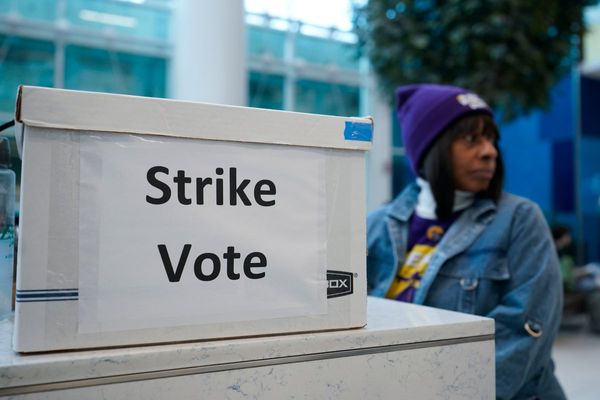When it comes to filing your taxes, CPAs and the IRS typically say the sooner the better. That's especially true if you're due a refund. But in some cases, jumping the gun and sending your Form-1040 to Uncle Sam early is the wrong move.
Being too hasty when filing your taxes can often lead to more taxing headaches. You run the risk of filing an incomplete — and inaccurate return — due to missing documents. By rushing, you could also erroneously underreport your income. You also don't want to later file an amended return to fix your mistakes.
So, what are the circumstances and scenarios when it makes sense to hold off and file your tax return closer to the deadline, which this year is April 18?
Wait Until Tax Forms Are Final
The general rule is to hold off until you have all your, um, "docs" in a row. For most people, common tax forms such as W-2s, 1098 mortgage interest statements, and 1099-INT interest statements on savings accounts will arrive via mail or electronically by the end of January.
But if any of these key documents or any other key docs are missing, you run the risk of filing a return that doesn't reflect your income and financial picture. And why raise a red flag with the IRS if you don't have to? The last thing you want is a letter from the IRS questioning the dollar amounts on your return or stating that you are being audited.
"You don't want to file early if you don't have all your documentation," said Mark Steber, chief tax information officer at Jackson Hewitt, a tax preparation firm. "You don't want to file a return with guesstimates or have some data mismatch with the IRS which will create even further complications."
Watch Out For Corrections When Filing Your Taxes
What are some tax forms that might be delayed getting to you? Or ones that are prone to corrections from the issuer at the 13th hour?
K-1s are tax forms are notorious for arriving late. And you'll likely get one if you invest in a so-called "pass-through entity," such as a partnership or some ETFs that operate as limited partnerships. The form shows the individual investors' share of the businesses' income, losses, and dividends. K-1 forms must be sent to shareholders by March 15, or if they operate on a fiscal year, by the 15th day of the third month following the end of the tax year.
Why such a delay with K-1s? "The businesses return has to be done first, and they tend to be more complex," said Jody Padar, CPA, and head of tax strategy and evangelism at April, a tax platform.
Also watch out for 1099-Bs. These are the forms you receive around Feb. 15 from your brokerage that show the amount you earned in capital gains and dividends. The problem? It's common for financial institutions to issue corrections that show different dollar amounts — often near the tax filing deadline and sometimes after the deadline.
"Half the time they get amended," Padar said.
Therefore, waiting for updated 1099-Bs before filing could make life easier, she adds.
Cost-Basis Calculations And Other Reasons To Pause
You might also be held up by waiting for a "cost-basis computation" on assets you have sold, says Steber. You can't figure out a profit or loss without knowing the total cost you paid for your holding. The cost basis on a stock, for example, is the price you paid for shares, including purchases related to reinvested dividends and capital gains, plus other costs such as commissions.
But there are other scenarios that might call for not filing early.
Perhaps you're a lazy bookkeeper. If you're someone who doesn't keep good records, or what Padar refers to as a "lazy bookkeeper," then by all means take a little bit more time to get your tax documents organized. "Take the extra time to get the numbers right," Padar said.
Filing Your Taxes: Freelancers Might Take Their Time
Also, delays might make sense if you're a freelancer who needs time to fund a retirement plan. If you run your own business and want to fully fund your retirement plan, it could make sense to wait until the filing deadline to submit your return. Why? You can use the extra time to accumulate the necessary funds in your business account to fully fund a retirement account, such as a SEP (Simplified Employee Pension) IRA by the April 18 deadline, Padar says.
And if you obtain a tax-filing extension, you have until the end of that extension period to deposit the contribution, regardless of when you actually file the return, the IRS says.
If an IRS audit of a prior tax year is still pending and you're awaiting a final IRS ruling on your case, it makes sense to wait until the April 18 deadline before filing, says Karla Dennis, founder and CEO of accounting firm Karla Dennis and Associates.
Hold your horses if you're awaiting a settlement or trust distribution. If someone died or you're close to receiving a settlement, it's better to wait to see if you receive any information pertaining to the amount you will receive before filing your return, Dennis says.
"It always behooves you to see if a document comes in prior to the IRS filing date," Dennis said.







